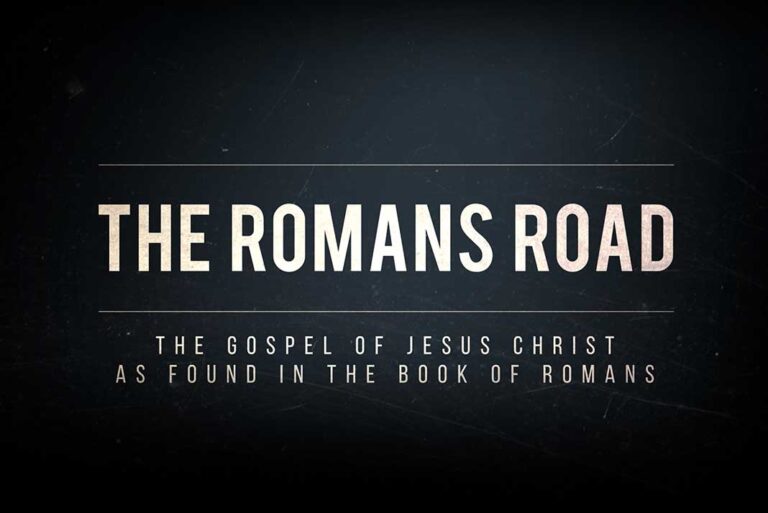In Malachi 1, the Lord declares “Yet I have loved Jacob, but Esau I have hated…” Wait, what? How can God hate Esau if God is love? And why would He love Jacob? Wasn’t Jacob deeply flawed?
The answer is two-fold.
First, on a personal level, God—being outside of time—knows the life decisions each one of us will make of our own free will. He saw the lives of Jacob and Esau before the foundation of the world and knew the directions they would choose. He knew Jacob’s heart would be His, just as He knew Esau would remain a carnal man.
Our choices are completely of our own free will. Otherwise, we would be predestined robots, manipulated into error or salvation by God as He controls our lives and outcomes. Yes, there are times when God intervenes, but we have the tendency of sticking God with everything that happens to us. We seem to forget we 1) live in a fallen world, 2) we have a spiritual enemy who hates us and seeks to steal, kill and destroy, 3) we make bad choices and 4) we can be affected by others’ bad choices.
So, God didn’t force Jacob into spiritual communion with Him, no more than He forced Esau to remain base. God knew in advance the courses they would take, so maybe His affections were based upon that foreknowledge?
During their reunion, Esau tries to reject Jacob’s bribes by saying, “I already have plenty, my brother. Keep what you have for yourself.” (Genesis 33:9, 36:1-43) It appears God had prospered Esau personally!
Well, maybe the problem is with how we understand the word “hate”. We find another confusing use of “hate” in Luke 14:26 where Jesus says if we don’t hate our mother, brother, father, sister, spouse, children—even our own lives—we can’t be His disciples. If we don’t understand the meaning of “hate” in this instance means “love less”, we can come up with all sorts of error. Yes, God is love and yes, He so loved the world He sent His only Son while we were yet sinners.
Did God hate Esau personally? I don’t think so. This brings us to the second part of the answer.
If we carefully read Malachi 1 and Romans 9, we see these references are national in nature. Sprinkled across the Old Testament, we see Jacob and Esau’s descendants striving against each other. In the generations following their tenuous reunion, we find Esau’s bloodline (Edom) under Israelite rule (Israel, of course, being Jacob’s bloodline.) This inverted relationship where the older serves the younger was prophesied in Genesis 27:29. Edom grew rebellious and bitter, even helping Israel’s enemies at times. For instance, when the Edomites assisted in the fall of Jerusalem in 586 BC (Psalms 137:7; Obadiah 1:11-14). Due to their wickedness and rebellion, God eventually curses Edom (Isaiah 34:5-8; Jeremiah 49:7-22; Obadiah 1:1-14).
This brings us full circle now back to Malachi 1, where God speaks directly to the effects of this curse against Edom: “…and I have made his mountains a wasteland and left his inheritance to the desert jackals. Though Edom may say, “We have been devastated, but we will rebuild the ruins,” this is what the LORD of Hosts says: “They may build, but I will demolish. They will be called the Land of Wickedness, and a people with whom the LORD is indignant forever. You will see this with your own eyes, and you yourselves will say, ‘The LORD is great—even beyond the borders of Israel.'”
So, you see, God’s approval or disapproval goes way beyond a single generation. God sees the fruit of our lives, generations from now. Though they too fell under God’s judgment due to their own wickedness, within Israel there was always a remnant who was loyal and faithful to God. Edom turned against their “brother” Israel and brought God’s curse upon themselves. When God made His covenant with Abraham, one of the terms He declared was, “I will bless those who bless you and curse those who curse you.” (Genesis 12:3)
And so, God has loved Jacob, but Esau He has hated.









